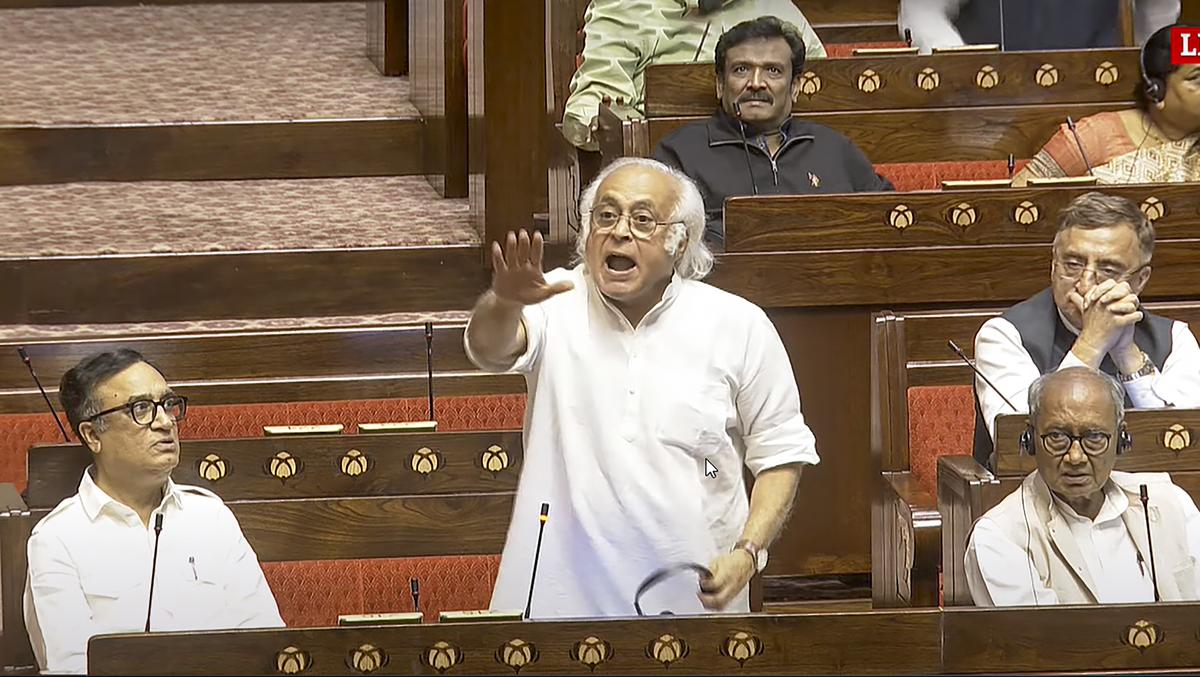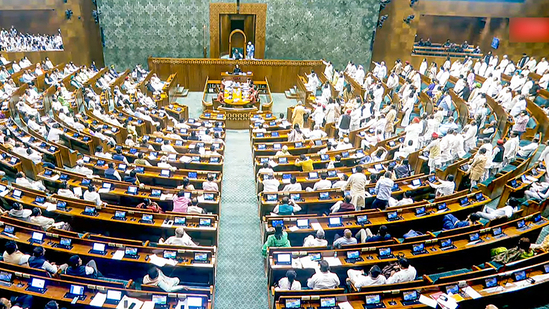World's fattest boy and Indonesia's media darling sheds heavy title after losing 83 kilograms
Wed 02 May 2018, 18:28:39
Arya Permana has shed his title as the world's fattest boy after losing almost half of his staggering 190-kilogram body weight from two years ago.
The 12-year-old was last year named by the Indonesian World Records Museum (MURI), the country's version of Guinness World Records as the heaviest boy on the record.
Arya struggled with his weight; he felt tired after taking just 10 steps and found it hard to sleep, move around and sit — let alone play with his school friends.
But he became a media darling in Indonesia, with the media monitoring every kilogram he shed — even Ade Rai, widely known as "the father" of Indonesian body building, asked the fifth-grade student to help him lose weight.
Arya has now lost 83 kilograms after going through a gastric procedure last April in a hospital in Banten province, west of Jakarta.
"My weight has dropped dramatically after the bariatric surgery," he told the ABC.
"They made my stomach smaller, I lost my appetite, now even six spoons [of food] already makes me full."
'They ask me to eat more fruits and exercise regularly'
A doctor and dietitian are still monitoring his progression and giving him a strict diet.
"They prevent me from consuming sweet food and drinks, particularly soft drinks," Arya said.
"They ask me to eat more fruits and do exercise regularly."
Arya wants to lose another 50 kilograms and his parents and relatives are supporting him to reach his ideal
weight.
"I'm now so delighted to have the opportunity to play with friends wherever we want," he said.
"I can play soccer, tennis, badminton, and most importantly, I can go to school every day," he said.
Indonesia has significant childhood obesity problem
Indonesia is among the top ranking countries in the world for having high rates of childhood obesity, according to the World Health Organisation (WHO).
In 2013, WHO found 12 per cent of Indonesian children were overweight.
Dr Samuel Oetoro, a clinical nutritionist at the Siloam Hospital Jakarta, said the increasing rate of overweight children was due to an unhealthy lifestyle.
"The improved economy drives the purchasing power, so parents can afford to buy more food for their kids," he said.
"As more shopping centres and food courts sell fast food, that becomes more options for parents," Dr Oetoro said."
He said parents played an important role in controlling the childhood obesity problem in the country.
"Don't let them overindulge in food, buy junk food and drink soft drinks — they are so addictive."
He also urged people to not assume "chubby" children were healthy and adorable.
"In the past, many people saw fat children as healthy and cute," he said.
"But today, fat could mean overweight and could lead to [heart] disease."
According to Indonesia's Ministry of Health, 25.8 per cent — or more than a quarter of Indonesian adults — are overweight.
The 12-year-old was last year named by the Indonesian World Records Museum (MURI), the country's version of Guinness World Records as the heaviest boy on the record.
Arya struggled with his weight; he felt tired after taking just 10 steps and found it hard to sleep, move around and sit — let alone play with his school friends.
But he became a media darling in Indonesia, with the media monitoring every kilogram he shed — even Ade Rai, widely known as "the father" of Indonesian body building, asked the fifth-grade student to help him lose weight.
Arya has now lost 83 kilograms after going through a gastric procedure last April in a hospital in Banten province, west of Jakarta.
"My weight has dropped dramatically after the bariatric surgery," he told the ABC.
"They made my stomach smaller, I lost my appetite, now even six spoons [of food] already makes me full."
'They ask me to eat more fruits and exercise regularly'
A doctor and dietitian are still monitoring his progression and giving him a strict diet.
"They prevent me from consuming sweet food and drinks, particularly soft drinks," Arya said.
"They ask me to eat more fruits and do exercise regularly."
Arya wants to lose another 50 kilograms and his parents and relatives are supporting him to reach his ideal
weight.
"I'm now so delighted to have the opportunity to play with friends wherever we want," he said.
"I can play soccer, tennis, badminton, and most importantly, I can go to school every day," he said.
Indonesia has significant childhood obesity problem
Indonesia is among the top ranking countries in the world for having high rates of childhood obesity, according to the World Health Organisation (WHO).
In 2013, WHO found 12 per cent of Indonesian children were overweight.
Dr Samuel Oetoro, a clinical nutritionist at the Siloam Hospital Jakarta, said the increasing rate of overweight children was due to an unhealthy lifestyle.
"The improved economy drives the purchasing power, so parents can afford to buy more food for their kids," he said.
"As more shopping centres and food courts sell fast food, that becomes more options for parents," Dr Oetoro said."
He said parents played an important role in controlling the childhood obesity problem in the country.
"Don't let them overindulge in food, buy junk food and drink soft drinks — they are so addictive."
He also urged people to not assume "chubby" children were healthy and adorable.
"In the past, many people saw fat children as healthy and cute," he said.
"But today, fat could mean overweight and could lead to [heart] disease."
According to Indonesia's Ministry of Health, 25.8 per cent — or more than a quarter of Indonesian adults — are overweight.
No Comments For This Post, Be first to write a Comment.
Most viewed from International
Most viewed from World
AIMIM News
Latest Urdu News
Most Viewed
May 26, 2020
Do you think Canada-India relations will improve under New PM Mark Carney?
Latest Videos View All
Like Us
Home
About Us
Advertise With Us
All Polls
Epaper Archives
Privacy Policy
Contact Us
Download Etemaad App
© 2025 Etemaad Daily News, All Rights Reserved.

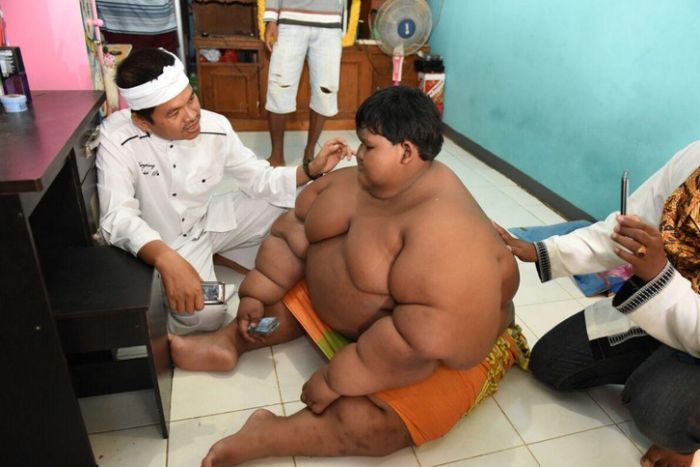


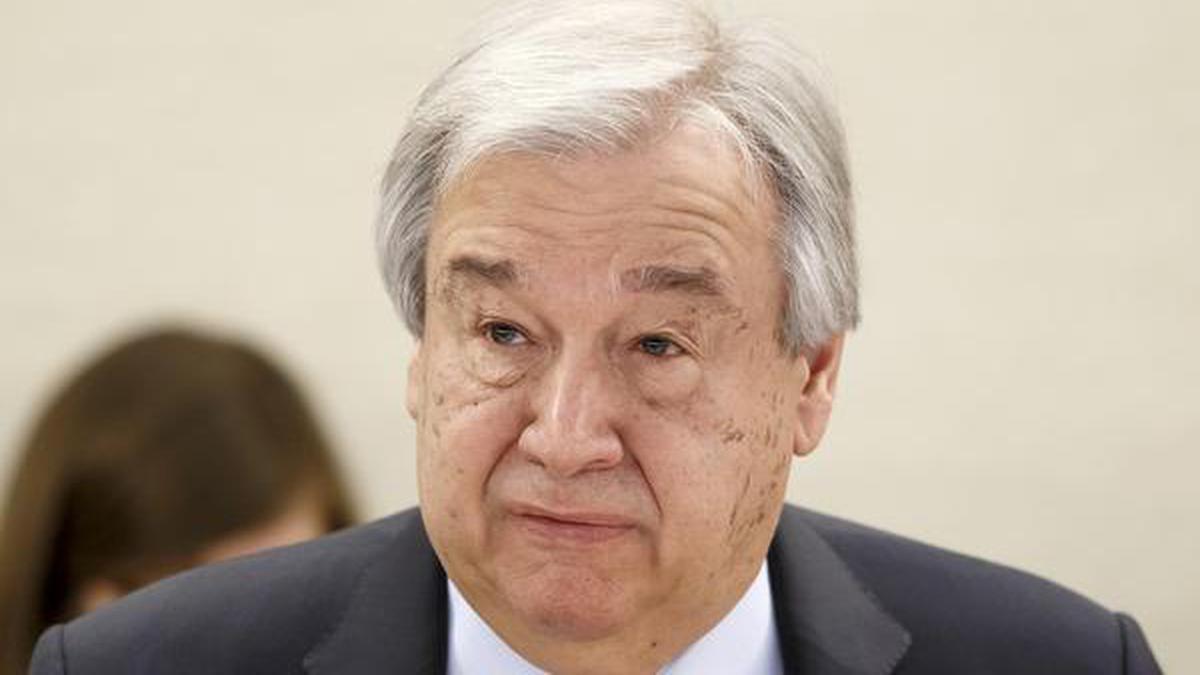


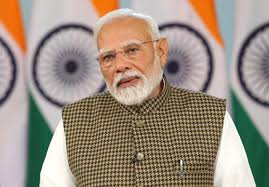
.jpg)
.jpg)













